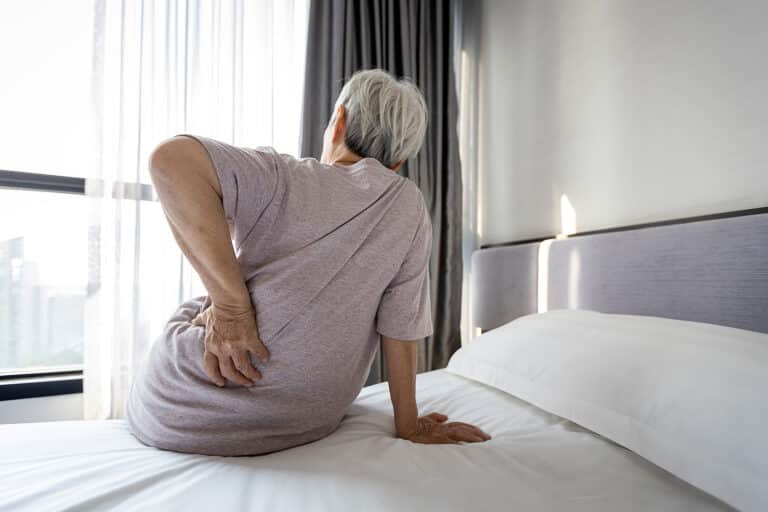Whether your loved one is permanently bed-ridden or if it’s temporary as she recovers from a significant injury or surgery, bed sores may become a concern of yours. Bed sores occur when there is consistent pressure on one part of the body and are often called pressure sores for that reason. They often occur on the buttocks, shoulder blades, backs of knees, and tailbone.
If your loved one also has poor circulation issues or diabetes, she may be at greater risk of developing a bed sore.
Personal Care at Home Attendants Can Help Reduce the Risk of Bed Sores
Since the key to reducing the risk of bed sores revolves around consistent repositioning, having someone like a personal care at home provider can be a great resource to ensure your loved one gets the care she needs. A personal care at home provider can also step in with many other care needs a bedridden or chair-ridden person needs to ensure there aren’t complications from the lack of movement.
Four Steps Your Personal Care at Home Provider Will Take to Reduce the Risk of Bed Sores
1. Repositioning
If your loved one is directed to stay in bed or cannot get out of bed, a personal care at home provider will ensure that she is repositioned at least every two hours. This will help relieve those pressure points and slow down the possibility of a bed sore developing.
If in a wheelchair, your loved one will need to be repositioned more frequently. Your personal care at home provider can help by lifting legs and stretching them or rearranging pillows and blankets for comfort.
2. Keeping skin clean and dry
If it’s a humid summer day, keeping skin dry can be tough. Keep the home cool and the humidity low to prevent sweating. Bathing will also be important to keep it clean.
A personal care at home provider can help with bathing needs whether it’s a sponge bath or a nice soaking in a tub. Once bathing is completed, they’ll make sure all areas bathed are fully dried before your loved one is returned to her bed or chair.
3. Encourage hydration
Staying hydrated will keep blood flowing and reduce the risk of a bed sore developing. Your personal care at home provider can make sure there is always water nearby for sipping and monitor to make sure your loved one is drinking it.
4. Consistent monitoring
It is nearly impossible for your loved one to see if she’s developing a bed sore on her backside. And depending on her condition, she might not feel it either.
A personal care at home provider knows what to look for and will routinely examine your loved one for possible bed sores developing.
The skin often becomes warm and red in an area before a bed sore develops. If a blister or sore has already begun, your personal care at home provider will alert you and her doctor for an immediate treatment plan to halt any progression of the bed sore.
Prevention is Critical
Preventing bed sores is extremely important because of the risk they bring to your loved one with infection and pain. They are also very difficult to get rid of once they form, so stopping them from ever forming in the first place is your best defense.
If you or an aging loved one are considering Personal Care at Home in Ft. Lauderdale, FL, please contact the caring staff at Actify Home Care today at (954) 902-6049
Actify Home Care provides exceptional home and facility care for anyone in Broward County, including Ft. Lauderdale, Hollywood, Pompano Beach, Parkland, Sunrise, Plantation, Weston, Pembroke Pines, Tamarac, Coral Springs, Miramar, Florida, and surrounding areas.
We offer services all around the South Florida area, if you have questions for us or don’t see your area listed just ask, we’d be happy to help. Contact us today!
- Managing Diabetes More Effectively by Managing Senior Stress - May 20, 2025
- How In-Home Care Can Help Your Senior Parent Stay Hydrated - May 9, 2025
- HAPPY MOTHER’S DAY!! - April 28, 2025

